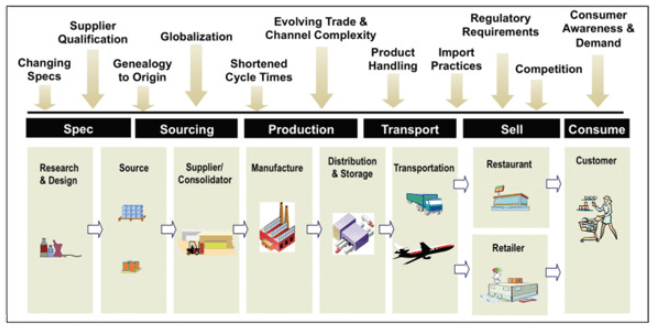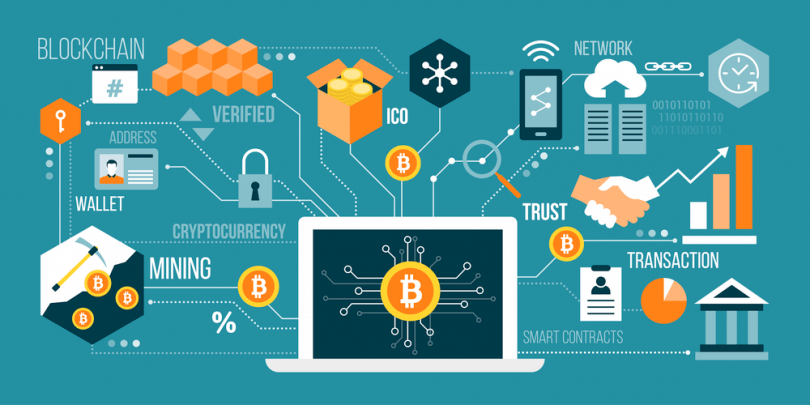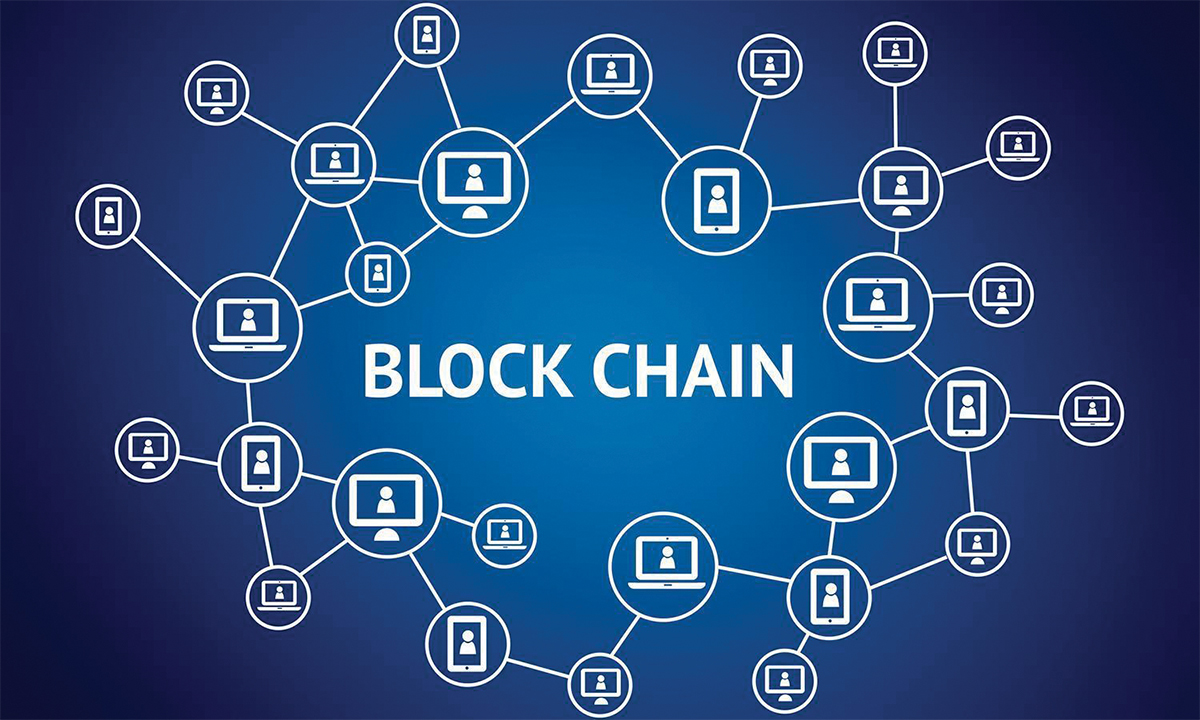In Kuwait’s rapidly evolving economy, supply chains are the lifeblood connecting producers, distributors, and consumers. As complexity grows from oil and gas logistics to food imports ensuring transparency, efficiency, and security becomes paramount. That is where blockchain technology is making a powerful human impact. By introducing immutable tracking, real time visibility, and automated trust, blockchain is reshaping how Kuwait safeguards its vital supply routes.
How Blockchain Builds Trust through Transparency
Blockchain creates a decentralised shared ledger where every transaction or shipment is recorded in a tamper proof digital block. Each stakeholder including manufacturers, logistics providers, customs, and distributors adds verifiable data at every stage. The result is a completely transparent history of each shipment that no single party can alter once recorded. For Kuwaiti companies, this delivers trust as consumers, regulators, and partners can all trace the journey of goods from origin to delivery. This newfound transparency reduces disputes, tightens oversight, and improves credibility across the board.
Real Time Visibility Enhances Operational Control
Traditional supply chains often rely on siloed systems and manual updates. Blockchain transforms this by offering real time visibility into the movement, status, and condition of goods. In Kuwait’s logistics hubs, IoT sensors embedded in containers or pallets can log temperature, humidity, location, and time directly to the blockchain. Stakeholders gain instant insights alerting them to delays, temperature excursions, or route diversions. This level of proactive monitoring empowers faster corrective actions and better decision making resulting in smoother and safer supply chain flow.
Strengthening Security and Reducing Risk
Fraud, counterfeiting, and data tampering pose serious threats in high value industries. Blockchain’s cryptographic design prevents unauthorised changes because once data is recorded, it cannot be rewritten or erased. This immutability protects against false documentation, counterfeit goods, and forged transactions. In the context of Kuwait’s fuel or pharmaceutical imports, blockchain ensures full authenticity shielding both businesses and consumers from fraud. Additionally, automated identity and access controls restrict who can add or view certain data, enhancing privacy and compliance.

Streamlined Collaboration across Stakeholders
Kuwait’s supply network involves many parties such as port authorities, customs officials, multiple transporters, and retailers. Blockchain simplifies this coordination through shared standardized data and smart contracts. Smart contracts are programmed agreements that automatically trigger actions such as releasing payment when goods arrive and are verified. These automated workflows eliminate paperwork bottlenecks, speed up border clearance, and reduce disputes. Collaboration becomes more fluid, reducing overhead while fostering trust among partners.
Driving Efficiency and Lowering Costs
By automating verification steps, reducing fraud, and enabling real time tracking, blockchain significantly lowers operational costs. Companies save on reconciliation, dispute resolution, and audit processes. In Kuwait, where imports of food, medication, and energy are strictly regulated, blockchain accelerates customs clearance and reduces demur-rage charges at ports. The net effect is faster deliveries, smoother operations, and healthier margins. Companies reinvest these savings into growth, innovation, or better customer service.
Enhancing Regulatory Compliance and Consumer Confidence
Regulators benefit from blockchain’s transparency too. Government agencies in Kuwait can gain authorized access to supply chain records streamlining inspections and audits. Clear traceability enables quicker responses to recalls, contamination alerts, or compliance breaches. On the consumer side, shoppers appreciate knowing that the food or products they buy have passed secure verifiable checkpoints. This bolstered confidence enhances brand reputation and builds loyalty. Blockchain technology helps companies show they are responsible and trustworthy players in the Kuwaiti market.
Empowering Sustainability and Ethical Practices
Consumers today value sustainability, provenance, and ethical sourcing. Blockchain offers detailed verifiable data about origin, environmental standards, or fair trade practices. Kuwaiti businesses importing organic food or responsibly sourced materials can transparently share those credentials via blockchain tracking. This not only promotes greener practices but also opens new market opportunities. Brands that demonstrate environmental and ethical values gain a competitive edge and foster long term customer trust.

Fueling Innovation and Future Ready Infrastructure
Adopting blockchain builds a foundation for Kuwait’s digital evolution. As the country advances in smart cities, digital trade corridors, and Industry 4.0, secure and interoperable infrastructure will be essential. Blockchain can integrate with AI driven logistics, IoT networks, and cross border trade platforms. Early investment in blockchain strengthens Kuwait’s global competitiveness and future proofs supply chain resilience. It sends a message that Kuwaiti logistics are advanced, secure, and ready for tomorrow.
A Human Centred Transformation
Behind every scanned code or digital block lies human impact. Warehouse workers, drivers, and customs officers all experience less ambiguity, fewer errors, and faster operations. Managers regain peace of mind knowing systems are reliable and tamper proof. Consumers feel safer and more informed. Regulators conduct their work more efficiently. Blockchain fosters clarity at every human touch point enabling meaningful change and seamless collaboration.
What Lies Ahead for Kuwait’s Supply Chains
As adoption grows across industries such as manufacturing, energy, agriculture, and pharmaceuticals, blockchain will become central to Kuwait’s trade efficiency. Governments and large corporations will drive broader adoption through policy and partnerships. Integration with regional Gulf Cooperation Council (GCC) networks could unlock cross border interoperability and unified standards.
Challenges remain such as training, investment, and interoperability across diverse platforms, but the benefits far outweigh the hurdles. With careful planning, collaboration, and scaling pilots into full scale systems, Kuwait can lead the region in secure, transparent, and resilient supply chain networks.
Conclusion: Empowering Trust, Efficiency, and Growth
In a world where supply chains are increasingly complex, Kuwait’s embrace of blockchain is nothing short of trans formative. By enhancing transparency, automating trust, boosting security, and empowering collaboration, blockchain is not only securing supply chains it is strengthening the foundation of Kuwait’s economic future. As the nation looks ahead, blockchain stands ready to deliver unmatched confidence, operational excellence, and lasting growth.
Do follow Gulf Magazine on Instagram.
Also Read – Revolutionary Tech Powered Co working Spaces Transforming Muscat Today



